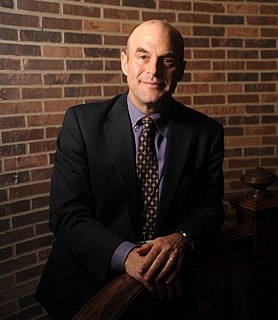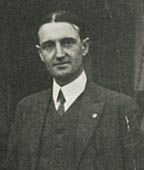A Quote by Philip Yancey
I begin with confession not in order to feel miserable, rather to call to mind a reality I often ignore. When I acknowledge where I stand before a perfect God, it restores the true state of the universe. Confession simply establishes the proper ground rules of creatures relating to their creator.
Related Quotes
Children of God should not make a general confession by acknowledging their innumerable sins in a vague manner, because such confession does not provide conscience opportunity to do its perfect work. They ought to allow the Holy Spirit through their conscience to point out their sins one by one. Christians must accept its reproach and be willing, according to the mind of the Spirit, to eliminate everything which is contrary to God.
Christ became our Brother in order to help us. Through him our brother has become Christ for us in the power and authority of the commission Christ has given him. Our brother stands before us the sign of the truth and the grace of God. He has been given to us to help us. He hears the confession of our sins in Christ's stead and he forgives our sins in Christ's name. He keeps the secret of our confession as God keeps it. When I go to my brother to confess, I am going to God.
John's baptism...was a radical act of individual commitment to belong to the true people of God, based on personal confession and repentance... This is one of the main reasons that I do not believe in baptizing infants, who cannot make this personal commitment or confession or repentance. John's baptism was an assault on the very assumptions that give rise to much infant baptism.
Unless we realize our sins enough to call them by name, it is hardly worth while to say anything about them at all. When we pray for forgiveness, let us say, "my temper," or "untruthfulness," or "pride," "my selfishness, my cowardice, indolence, jealousy, revenge, impurity." To recognize our sins, we must look them in the face and call them by their right names, however hard. Honesty in confession calls for definiteness in confession.
Confession frees, but power reduces one to silence; truth does not belong to the order of power, but shares an origincal affinity with freedom: traditional themes in philosophy, which a political history of truth would have to overturn by showing that truth is not by nature free--nor error servile--but that its production is thoroughly imbued with relations of power. The confession is an example of this.



































